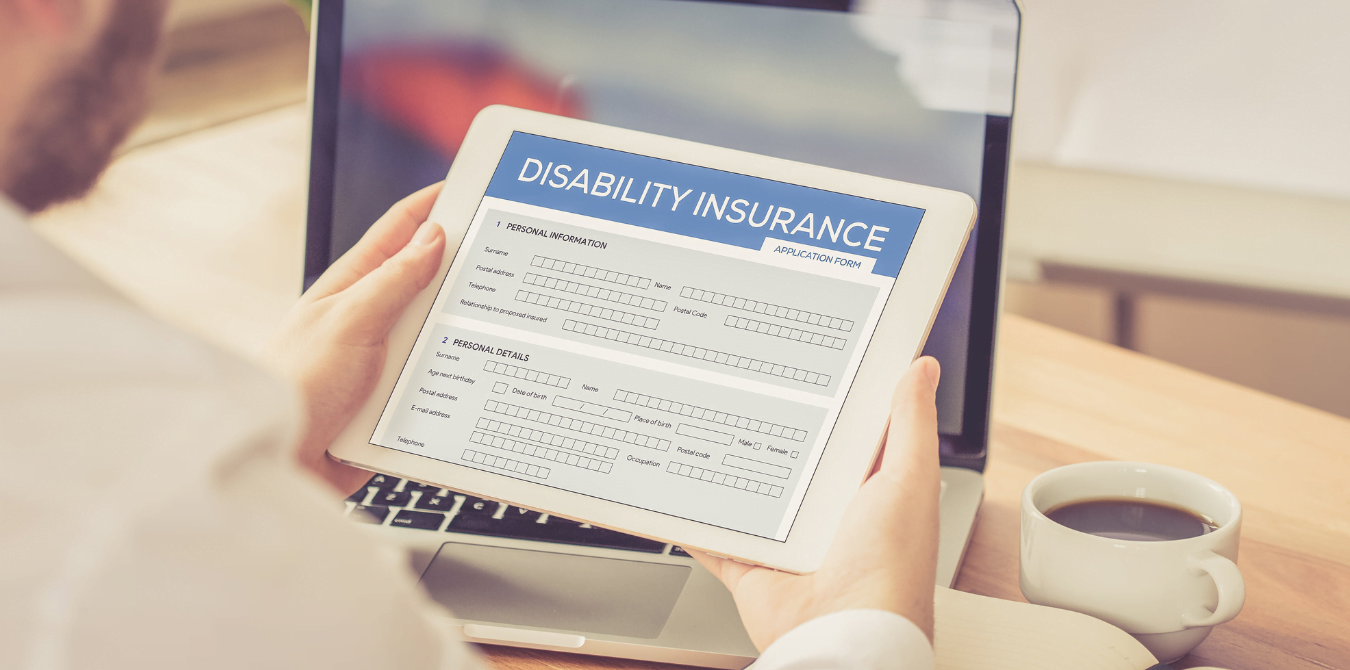Can You Get Disability Insurance If You Are Self-Employed?


Reviewed by
Paige Geisler
Licensed Insurance Agent


Reviewed by
Paige Geisler
Licensed Insurance Agent
If you’re self-employed and become disabled, you must have a good long-term disability insurance policy. Fortunately, you can find disability insurance as a self-employed worker, but the process works differently than a W-2 employee.
Table of Contents
Disability insurance for self-employed individuals is the same as for people who work for someone else. It replaces your income in the event that an illness or injury keeps you out of work on a long-term basis. A long-term disability policy typically replaces about 60% of your income, though it’s possible to find policies that cover up to 80%.
If you’re a self-employed worker who owns a business, you can also purchase disability policies to cover your business’s overhead. Overhead includes wages, utilities, rent, and taxes. If you get injured and can no longer work in your business, incoming revenue may decrease or even completely stop, but overhead expenses will remain steady or increase over time. A disability policy can help to keep your business afloat by assisting with overhead.
Yes, you can go on disability if you’re self-employed. This includes Social Security Disability Insurance, which only requires you to contribute to the program by paying income taxes, whether those taxes stem from W-2 or self-employment income.
You can also purchase a private long-term disability policy as a self-employed individual and file a claim if you become disabled.
Whether you’re self-employed or a W-2 employee, a disability insurance policy typically costs between 1% and 3% of your current income. So, if you make $8,000 per month, expect to pay between $80 and $240 per month for disability insurance. If you become disabled and file a claim, the policy will usually pay you between $4,800 and $6,400 per month — representing 60% to 80% of your income — during the period you’re disabled.
That said, the cost of your disability insurance policy depends on several factors, including your age, your health, and the amount of coverage you need. A policy that pays 80% of your income while you’re disabled will have higher premiums than a policy that pays only 50% of your income.
There are a few requirements to qualify for self-employed disability insurance.
Short-term disability insurance can be costly to obtain as a self-employed individual because it’s usually purchased under a group policy by an employer. You can find a policy, but it could be expensive depending on the factors that determine your premium..
Insurance companies factor in your self-employed income when determining the total coverage of a disability policy. The amount you claim after deducting any expenses of running your business is typically what the insurance company considers your income. In other words, if you bring in $150,000 per year in revenue but claim $50,000 in expenses, your income would be $100,000. Most companies have a minimum percentage of income that the policy must cover. Your income determines the coverage, which then factors out your final premium.
You can purchase a disability insurance policy through an agent or broker or find one online. Ensure the company or broker can offer a policy that provides all the necessary coverage. For instance, if you need coverage for your business’s overhead, not all insurance companies or brokers offer it, so that’s a question you should ask before committing to a policy.